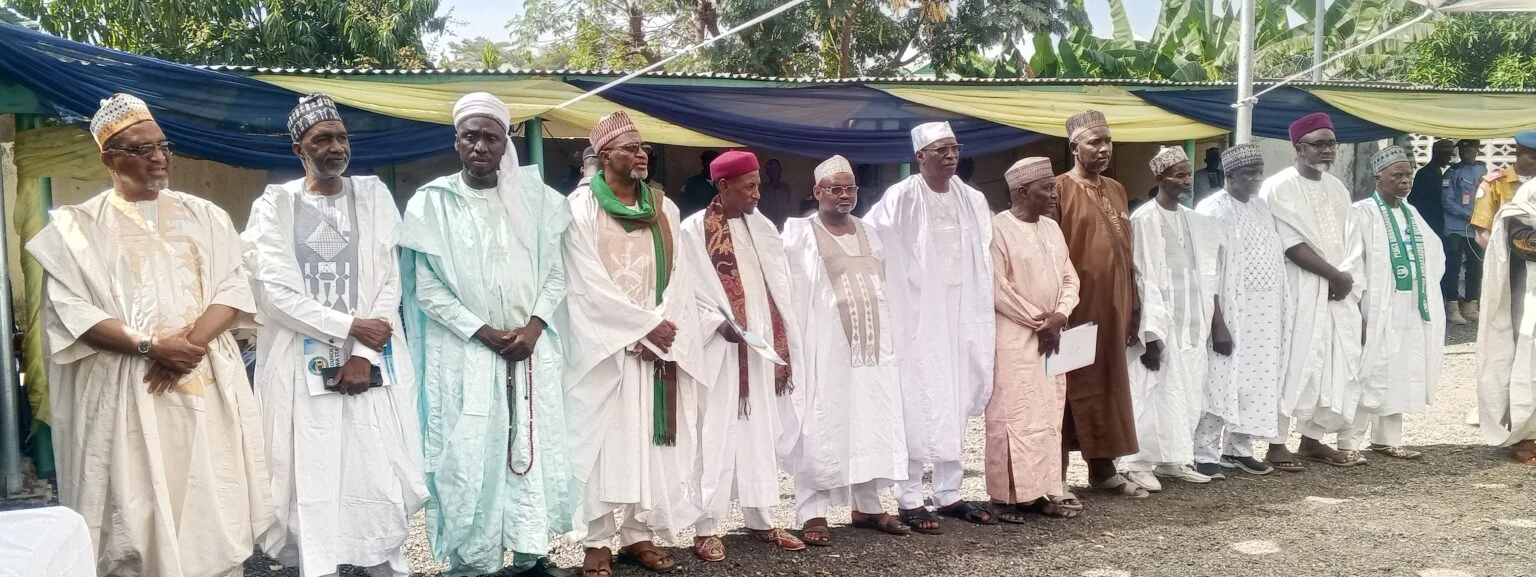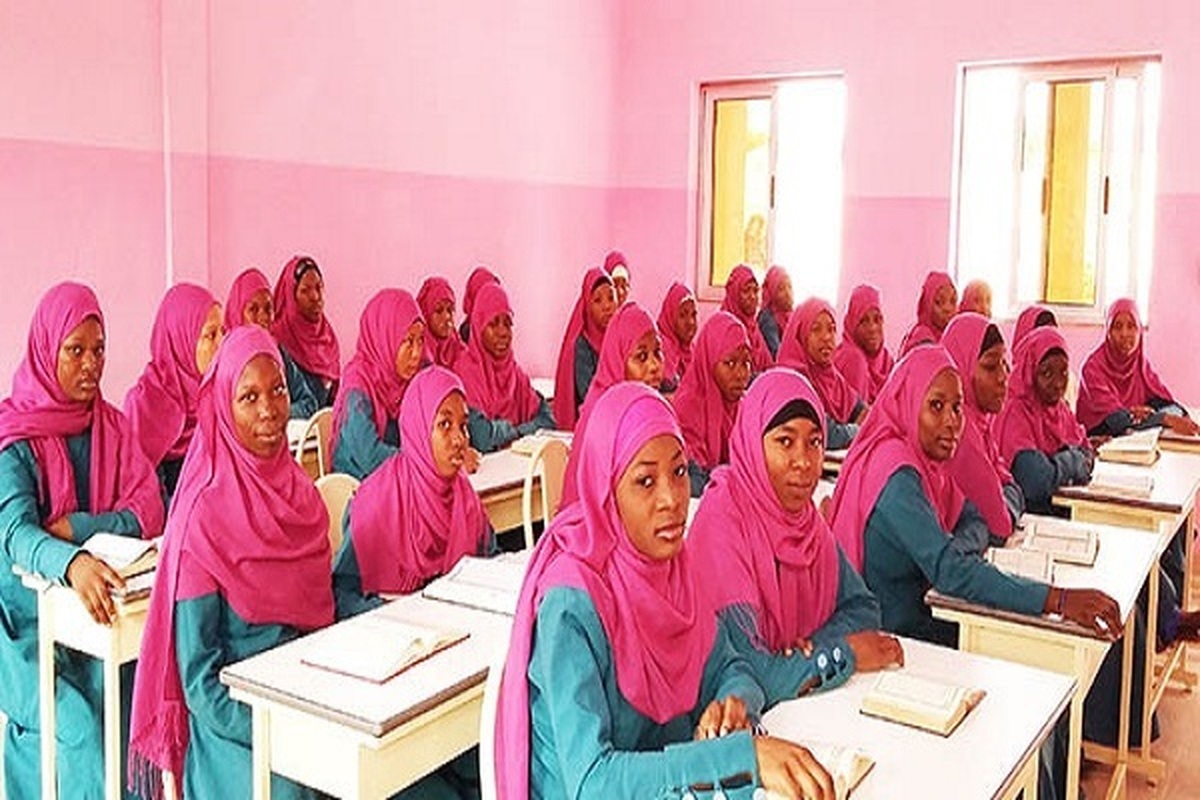The Tertiary Education Trust Fund (TETFund) has called on Nigeria to increase its education budget to meet UNESCO’s recommended 15–20 per cent, compared with the current seven per cent allocation. The Executive Secretary, Sonny Echono, made the appeal during the 13th Convocation Lecture of Nile University in Abuja on Tuesday, speaking on “Redefining the Nigerian Education System for the 21st Century Workforce.”
Echono stressed the urgent need for increased funding to equip schools with digital tools, modern laboratories, and qualified instructors. Citing Rwanda and Kenya, which allocated 18 per cent and 16 per cent of their budgets to education in 2021, he noted the significant improvements in their educational systems.
He highlighted that Nigeria’s current curricula, especially at the secondary and tertiary levels, were misaligned with labor market needs. He urged integration of digital literacy, entrepreneurship education, technical skills, and emerging disciplines such as artificial intelligence, data science, renewable energy, and financial literacy across all levels of education.
Echono also advocated for stronger vocational and technical education, drawing lessons from Germany and South Korea’s dual education systems that combine academic learning with hands-on training. He emphasized policies like the National Skill Qualification Framework (NSQF) and Technical and Vocational Education and Training (TVET) as key tools to equip students with practical, job-ready skills.
On STEM education, he said it fosters critical thinking, creativity, and problem-solving, preparing students for a technology-driven workforce.
Earlier, the Vice-Chancellor of Nile University, Prof. Dilli Dogo, warned that 40–50 per cent of executive jobs could become obsolete in the next two years, urging universities to equip graduates to innovate and contribute to national economic development.





